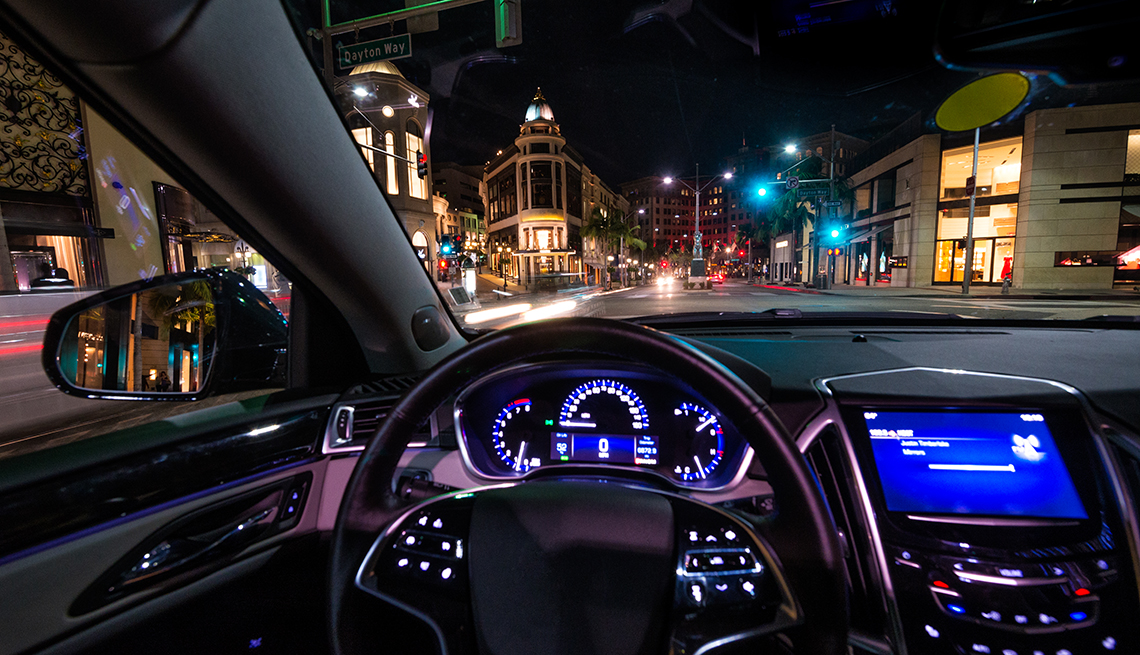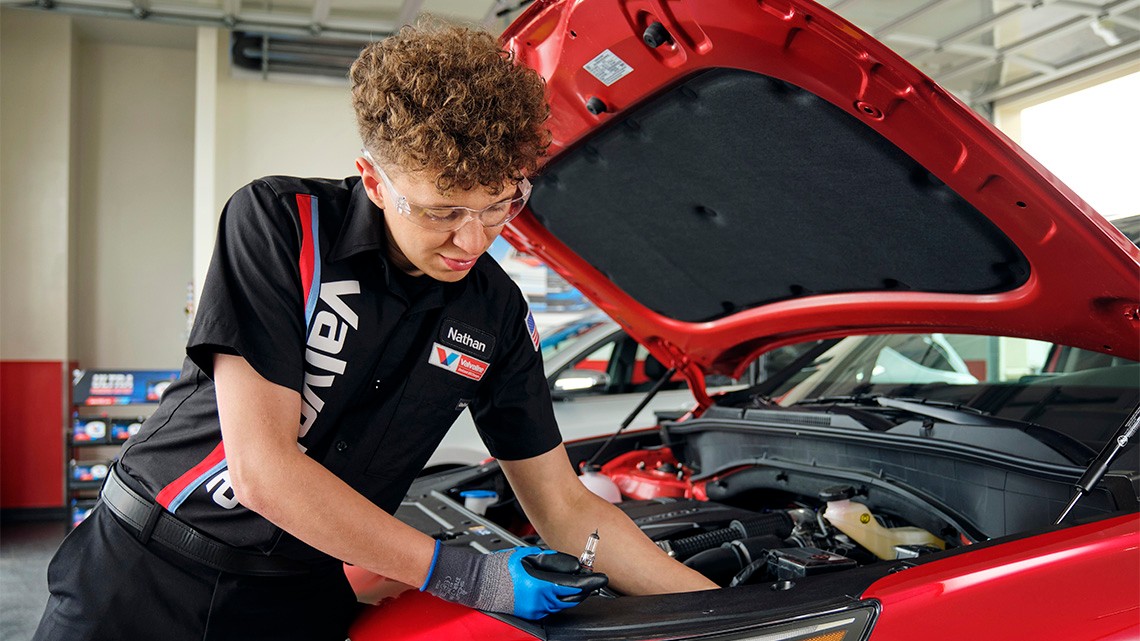Staying Fit
Imagine you’re shopping for a new car and you’re exhausted after haggling over the price. Then the salesperson hits you with something new: How much are you willing to pay per month to keep the options on your auto active?
Welcome to the brave new world of subscription services — for your car. Want to keep your heated seats toasty through the winter? How about that lane assist feature or remote start? Automakers are starting to indicate that car owners, especially those going for luxury models, may have to pay fees for extras like these. For example, BMW recently announced a plan in several countries outside the U.S. to charge for heated seats.


AARP Membership— $12 for your first year when you sign up for Automatic Renewal
Get instant access to members-only products and hundreds of discounts, a free second membership, and a subscription to AARP the Magazine.
“I view it as inevitable,” says Tyson Jominy, vice president of data and analytics at J.D. Power. “It’s a profit stream. An ongoing revenue for the automaker.”
Cars are more connected than they’ve ever been, says Keith Barry, a writer and editor at Consumer Reports. Most cars these days have built-in modems that allow them to connect directly to automakers, he says. Those automakers can use that path into a car’s brain to flip a virtual switch to power features on or off. For a price, of course.
“Car manufacturers are working to figure out how to make money after a new car is sold,” Barry says. “They’re trying to figure out how to make money over the years.”
A recycled idea is born
This is not really a new practice. If you purchased a new car in the last 20 years, there’s a good chance it came with satellite radio, a service that was free for a trial period and then you had the option to pay to keep it activated. Some people gladly fork over the monthly fee while others are just as happy to forgo the extra cost.
But when BMW revealed its plan in some countries outside the U.S. to charge monthly for extras, the internet exploded. The response was so loud that the company was forced to issue a clarification for U.S. buyers.
It read in part: “It is important to note that BMW ConnectedDrive Upgrade is intended primarily as a digital aftersales solution and will not affect options that were ordered at the time of the vehicle purchase.”
In other words, if you paid for heated seats when you bought the car, you get to keep them. And if you want to add them later, you can do that as well — if you’re willing to pay an extra fee.




































































